Originally published by The Huffington Post, 08 August 2014.
"Women are making great strides in all professions, and I hope that I can draw inspiration from them and keep doing it in mine."
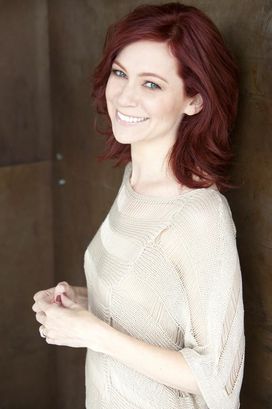 Some know her as True Blood's sassy Southern ginger Arlene Bellefluer, while others fell in love with her as The Good Wife's deceptively ditzy Elsbeth Tascioni. But Carrie Preston also has her hands in directing and producing through her independent film company Daisy 3 Productions. What's more, Preston shadowed True Blood director Scott Winant on the finale episode, as she is critical of the dearth of female directors in the male-dominated industry and hopes for a future as an episodic director. I had a chance to chat with Preston about her history with True Blood, winning an Emmy, women in the industry and that now-famous pool table sex scene.
Some know her as True Blood's sassy Southern ginger Arlene Bellefluer, while others fell in love with her as The Good Wife's deceptively ditzy Elsbeth Tascioni. But Carrie Preston also has her hands in directing and producing through her independent film company Daisy 3 Productions. What's more, Preston shadowed True Blood director Scott Winant on the finale episode, as she is critical of the dearth of female directors in the male-dominated industry and hopes for a future as an episodic director. I had a chance to chat with Preston about her history with True Blood, winning an Emmy, women in the industry and that now-famous pool table sex scene.
Will you tell me about the audition process for Arlene? How did you go about getting that part?
Luckily it was a simple process for me because I had worked with Alan Ball right before they started casting the pilot. I was doing a film that he wrote and directed called Towelhead (2007), and so I met him on that, and it was while we were on Towelhead that he asked me what I was doing next. I said "I'm not sure," and I asked him, and he said, "Well, I'm doing this vampire pilot for HBO, and I might have something that you might be interested in. So they sent the script over, I read it and I honestly didn't know what character he was talking about - because it didn't appear to be that I was right for Arlene physically. I thought "Hmm. I wonder which part he means" And they said "It's Arlene." I thought, "Well, OK. I certainly understand women like Arlene. I grew up in the south. So, I went in and had one audition with Alan and the casting directors, and they put me on tape, and he went to HBO and said, "This is who I want for Arlene. And they said, "OK." So, it was the least amount of hoops I'd ever had to jump through to be a series regular on a television show. Usually they make you do many, many auditions for many, many people. I was very fortunate that it was the right fit at the right time
Wow! It must be really gratifying to have someone of Ball's status trust you and appreciate your work so much as to do that ...
It was highly flattering and humbling and exciting because he's someone that I've admired as a writer and a creator. I was a huge Six Feet Under fan, American Beauty fan, plus we're both from Georgia, so it was a nice southern connection as well.
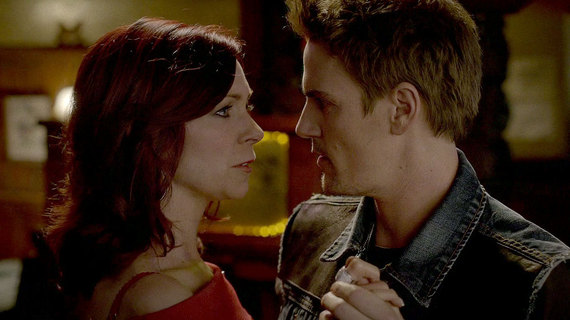 |
OK, speaking of Georgia. I notice now that your voice has a bit of a southern flare, but nothing like Arlene's. What does that voice come from? Are you imitating anyone you know in real life?
I grew up in Macon, Georgia, so I know a lot of strong southern women like Arlene. I'm not doing anybody in particular because Arlene is a pretty singular person. The writers have created a very specific woman there, but I guess it's an amalgamation of women that I've known over the years and I try to honor them in the best way I can with her and feel blessed that I've gotten to play her for seven years.
Speaking of Arlene and even Elsbeth, although this is a silly question, I wonder if you could tell me about their dazzling red hair. Was that from your life or commissioned by the show [True Blood]?
I was born blonde and was doing roles that required me to be in the blonde world for many, many, many years and then True Blood came along, and I remained blonde for the first three seasons in a wig. The character calls for being a redhead, but I was involved with other projects at the time that we shot the pilot, so I couldn't dye my hair. And then I just decided that I was ready to move on from the wig, because the wig is limiting. There's not a lot you can do with it, and it was sometimes uncomfortable to wear a wig for upwards of 14 hours a day. So, I waited until they had a moment in the script ... a time bump that was like a year or something, and all of us changed our looks up a little bit once that happened. It was then I decided that would be a good opportunity to go wigless and dyed my hair. And I haven't looked back. It's been great.
Lovin @BauervanStraten and @TheRealAnnaCamp #SDCC2014 at the @EW lounge #EWComicCon pic.twitter.com/bDJJVs5q4U
— Carrie Preston (@Carrie_Preston) July 26, 2014
I would get in trouble with some of my friends if I didn't touch on The Good Wife, which you won an Emmy for, congratulations. I'm curious: how did you hear about your nomination?
I was out walking my dog (Chumley, he's a rescue: a Maltese/poodle mix, we think ... a 7-pound adorable mutt), and I really had not known that the nominations were coming out the night before and someone sent me a text that said, "Good luck tomorrow!" And I was like, "On what?" And then like "Oh, the nominations. Well, we'll see." You know, I wasn't holding my breath. And then I was out walking my dog in New York, and I got a text from somebody who said "Oh my god, I'm so proud!" and I thought, "OK, well that must be the nomination." And then my publicist called and told me that I'd been nominated. And then the phone calls started coming in and it was really exciting, and I was really not expecting it when you're a guest [star]. There's hundreds and hundreds of people who are also guests, so it was pretty extraordinary to be singled out in that way and then to actually WIN was ... I already felt like I had already won.
Chumley is the best person I know. Hands down. #NationalPetDay pic.twitter.com/gIe333ZKKJ
— Carrie Preston (@Carrie_Preston) February 20, 2014
You know, when you think about it, it is really astonishing to win the guest category given that the immensity of the competition!
You think about every episode of every television show that has at least one if not two or five guests in every episode. So it's a lot of people. I was pretty amazed that my peers wanted to single me out in that way.
I was wondering if you could speak about the differences between the production cultures of both True Blood and The Good Wife. What's most different?
On True Blood they take a lot longer to shoot an episode. It's not as prescriptive as far as shoot days at the network. The network generally on a drama will say they're shooting it in eight days, and they will usually do double up unit on a couple days and may stretch it to 10, but usually they try to keep it in the eight range. Whereas True Blood, our episodes ... it's very hard to track because everyday they're shooting two units which means there're scenes from one, two, three, sometimes four episodes at once. It's hard to tell how many days that takes, but sometimes people will do that math and it will end up taking 21 days to shoot an episode spread out over a month. So, it's very different as far as scheduling goes. Network generally tends to go from one episode to the next, so they're sequential. True Blood will juggle several at once to accommodate people's scheduling and location scheduling and all of that. I don't know how the ADs on True Blood were able to make that work - and the producers. It is a real feat that they're able to pull that off and get the episodes in the can.
This is how we feel about #TrueBlood ending.. @realchrisbauer @AdinaPorter @patriciabethune @TrueBloodHBO pic.twitter.com/HKVy5vokA4
— Carrie Preston (@Carrie_Preston) July 8, 2014
Since you've worked for both cable as well as network shows, I'd be curious if you've ever been a part of any conversations had with executives or if as actors you're aware of the network notes passed onto producers.
The actors usually are not privy to those conversations, although for the finale of the show, True Blood, I was shadowing the director, who is one of our directors who has been with us since the beginning, Scott Winant, because I am a director as well, and so I wanted to really see what it was like from soup to nuts how our show gets made. [her dog barks] Oh, I'm sorry. He heard something out in the hall. He's very protective of me! So anyways it was very interesting for me to see how things happen on True Blood, and go into the preproduction meetings and see how many meetings go into one stunt or one scene in one location, and the care and the detail and the amount of people that are utilized to make one moment work on our show, is something that I didn't fully, fully, fully grasp and experience until I did that shadowing. It was really amazing, and I learned quite a lot about how much prep goes into a show like True Blood.
How sad are we that it's over?? "@_smoyer : ran into @Carrie_Preston @TrueBloodHBO #trueblood #truetotheend #tbs7 pic.twitter.com/1KCk4B8nBQ"
— Carrie Preston (@Carrie_Preston) August 1, 2014
Are you interested in directing for television?
Yeah definitely! I love television, I love being on TV, and I love being a part of the television culture. I feel like we're in a very exciting time for television, and yet I also feel like there aren't enough women directors. I have worked with very few women directors, and I have done a lot of television. I find that disappointing, and I understand how that happens ... because [television] is a bit of a man's world. I really believe that the best person should be doing the job; I just feel like sometimes women don't get the opportunity because the decision makers are men and they probably just feel more comfortable with other men.
At the @ew photoshoot #SDCC2014 pic.twitter.com/RLYQQ9BtUI
— Carrie Preston (@Carrie_Preston) July 26, 2014
So, is it that there's a hesitancy to even let women in the door, even when they might be the best person for the job?
Television is a lot of networking and who you know. So, a lot of people are hiring people that they know, that they've already networked with, and so there's a lot of -- a bigger margin of error for women. Sometimes if a woman comes on and directs and it didn't go 100 percent right, then the assumption is that "OK, well see, women can't do it." So there's a smaller margin of error ... I think that scares them. At the same time I feel like I'm respected as a director and producer and actor, and I haven't felt any great amount of chauvinism thrown my way other than what you experience as a woman in the world. I would like to continue to learn more about it and hopefully be able to do some episodic directing myself. The same thing happens in our business that happens in the rest of the world. We're just having to continue to break the glass ceiling. Women are making great strides in all professions, and I hope that I can draw inspiration from them and keep doing it in mine.
Were there any aspects or story lines for your character you wished had been more explored?
No, I am very pleased with the evolution with Arlene. She starts off one way, and then she's a completely different woman at the end of seven years. That is what you want as an actor: a journey, an arc, someplace to go. I feel like the writers really built my character over the years, and I'm very very happy creatively with where it ended up. I wouldn't presume to come up with story lines, I really trust the writers.
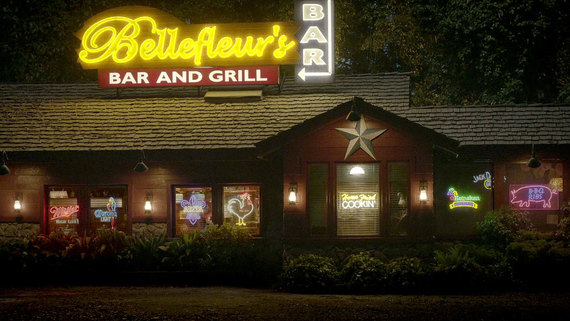 |
I just know so many people have wondered where your [character's] kids have gone.
The amount of years that have passed have been fewer than the amount of years those actors have aged. I mean the little girl was seven or eight when we started, and she's 15 but in the script she's supposed to be 11 or 12. They needed to minimize that, plus they had so many parts to serve. The one character that I wonder is Mikey [Arlene and Terry's baby]. What happened to Mikey Where's Mikey!? Even when we had scenes with Coby and Lisa recently ... I tweeted "Mikey is taking a nap" because I don't even know where Mikey was in that situation. I think it's just a matter of casting and logistics having kids on set.
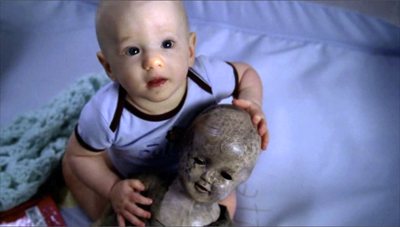 |
So, about Sunday's episode "May Be the Last Time." You had a now-famous sex scene with a vampire on a pool table. I was wondering because I don't think I've seen it discussed in any great detail, the mechanics of shooting such a scene. Would you be willing to tell us what that process was like for you?
We were really well taken care of by Simon Jayes who was the director of that episode. Simon was also our A-camera operator the whole run of True Blood. So, I know him really well; he's been photographing all of us for seven seasons. To have him move up into the role of director was really great, and I felt very comfortable with him. I knew that he was going to shoot it in a way that made myself and Riley [Smith] feel comfortable. That's the whole thing; that's the way they talk to you You meet beforehand, and they talk you through it. And you talk to them about what you're comfortable doing, and you come up with a game plan, and it's like choreography. When you look at it that way, it's like doing a dance or a fight choreography. You break it down that way and it comes a lot easier because nothing is surprising. You meet ahead of time, walk through it and talk through it You don't go through the actual actions until the cameras are there. They clear the set; only the necessary crew is there so that you don't feel like you're being watched -- self conscious in that way. There's nothing romantic about it because obviously there's people around, and you're breaking it down and doing many different angles and camera set ups. So it is something ... you know it's going to be edited together, so you just shoot it in pieces. We shot that scene and we shot the scene where we danced together on the same day. That was a 12-13 hour day. That scene had two different parts: the part where he comes into the bar and scares me, and then we had the part by the pool table. Those took eight or nine hours I would guess. Actually the part at the pool table didn't take that long because there weren't a lot of setups or a lot of angles - they didn't have to do a lot of relighting.
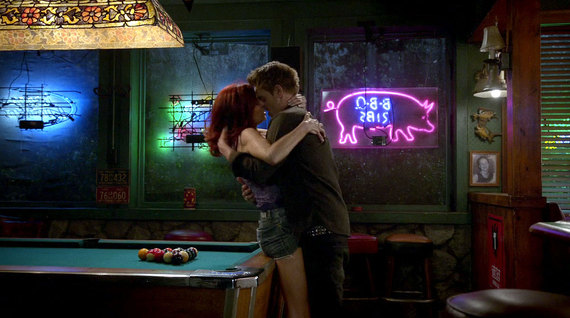 |
As far as shooting goes, were there any scenes we didn't see you wished we had?
But we did have one part that didn't make it in the cut that we shot on another day. I was sorry it didn't make it in the cut but it was just for time. There's a lot of stuff that the fans have no idea we do that, just for time reasons, can't make it into cut because they have to cram a lot into that 57 or 58 minutes. There was a moment where we shot the POV of vamping [having sex with a vampire]. So when he picks me up and takes me over to pool table, we shot a whole section with a green screen, and the camera's on my face, and they blew a fan on the back of my head to make my hair fly, and then the camera sees me go "OOoohhh!!" and start giggling. So the audience would see what it would feel like to actually be vamped. It was really fun and funny, and it was a big setup with a green screen and cameras -- a fan. I sat sort of on a stool and they shot over Riley's shoulder onto my face. It was really fun to shoot - I have photos ... they ended up not putting it in the cut but that was a whole separate day.
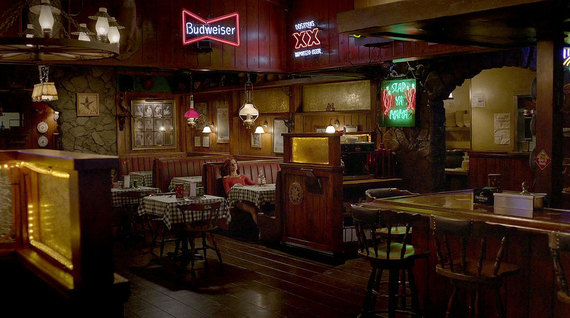 |
Now that the show is wrapped, I'm curious: Did you keep anything from the set?
I did keep my Merlotte's uniform, so I have that, and I have a menu from Bellefluer's. We filled out these forms to make requests for certain things from the set, and we were led to believe that we were going to get those. And then we found out that ScreenGems and Warner Bros. took everything and [I gasp]. Uh-huh!! So we were like "Wow!, that was quick ... Screen Gems and Warner Bros. stole our set! There was a sign in the bar that said "Homemade pies" that the production designer had designed and they had built it and made it: homemade pies and there was a slice of pie. It just for me was something that really captured the whole Arlene taking over the bar and turning it into Bellefluer's and she had a case of pies. It felt right, and it was a real cute and looked like it was old fashioned that hung in the back of the bar. I really wanted it. I don't think the fans would even see it.
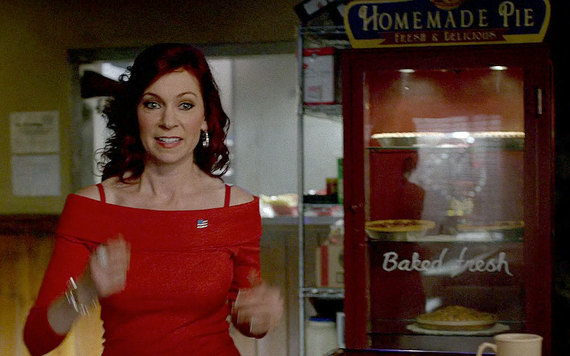
Admittedly, it was pretty difficult to find.
And what would you say is your experience with fans? What do they mean to you?
Luckily, people love Arlene, and they like to laugh with her and they think she's funny. But they've also really appreciated all the more dramatic things that have happened to her, and they all are very supportive of her journey. So, I get a lot of really positive feedback from people out in the world and fan mail. I just experienced Comic-Con for the first time and that was wonderful to have that large crowd of people cheering for all of us. People stop traffic to yell something at me out the window, "Arlene I LOVE YOU! So, it's been a really great experience."
One of the many fun offerings at the #Trueblood premiere party 2nite. Maybe this tattoo should be real! pic.twitter.com/plrZlgxo9Z
— Carrie Preston (@Carrie_Preston) June 18, 2014
(Head shot photo credit: Shawn Flint Blair). Special thanks to Professor Christine Becker.

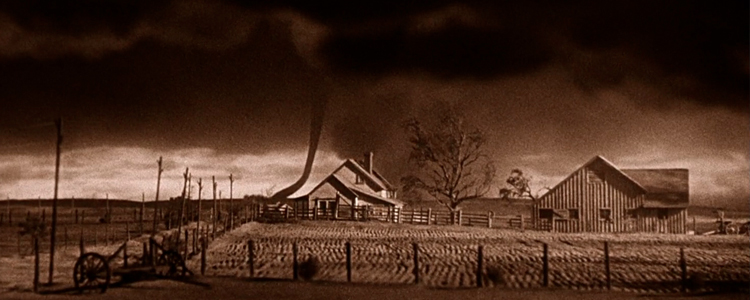
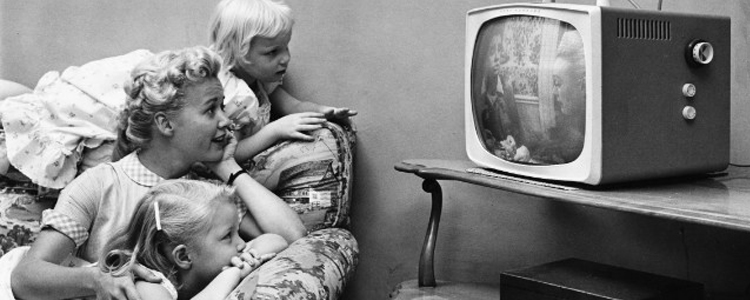
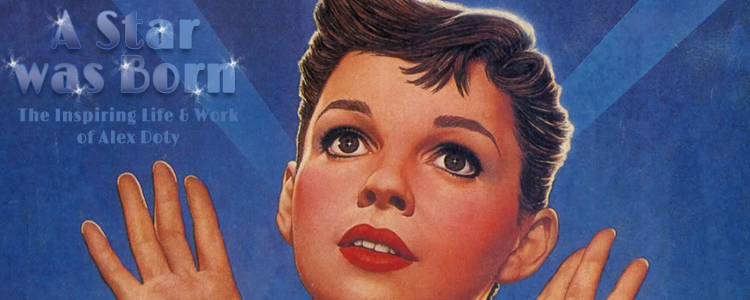
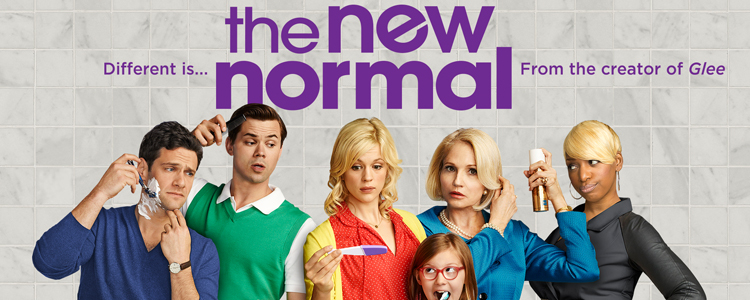
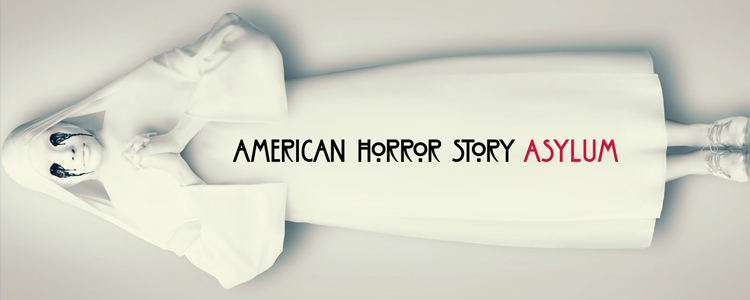


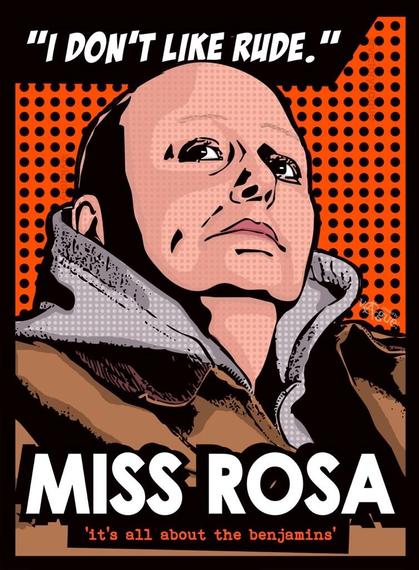
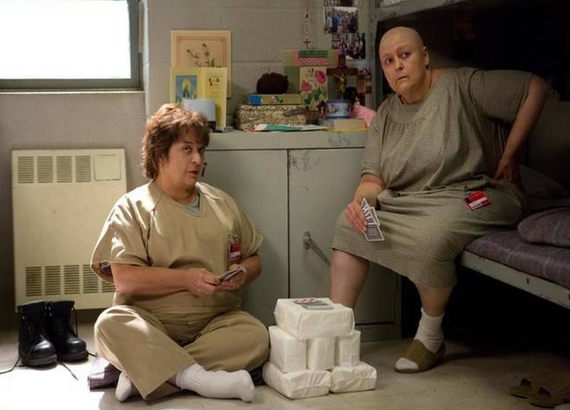
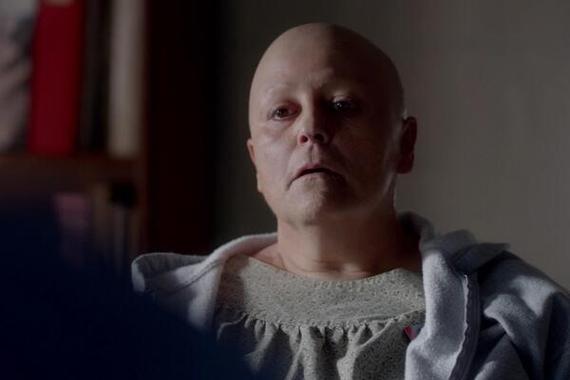
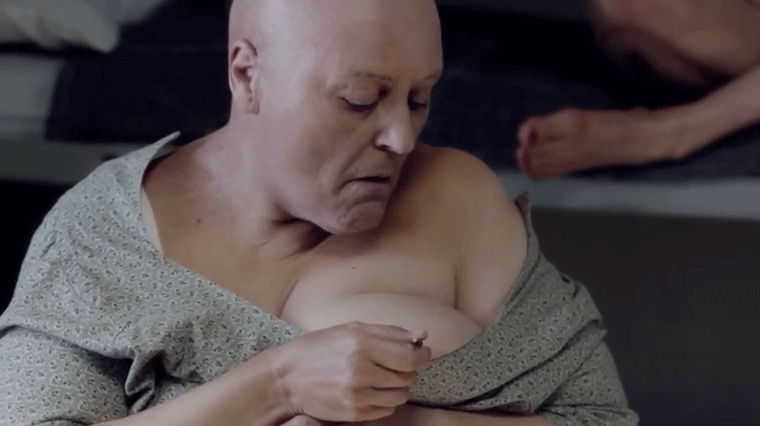
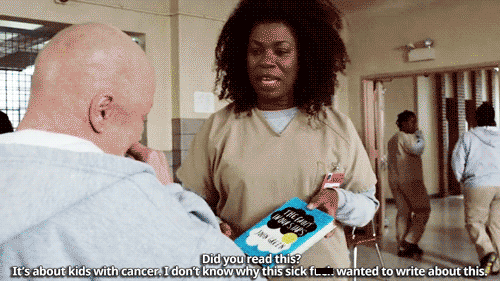
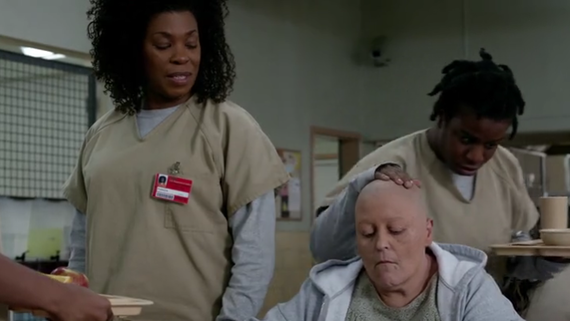
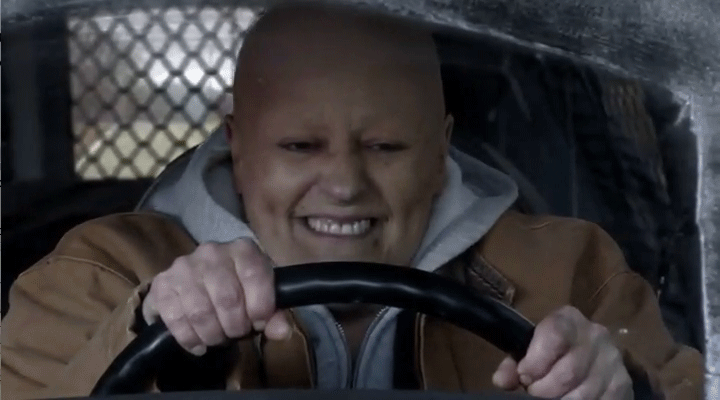
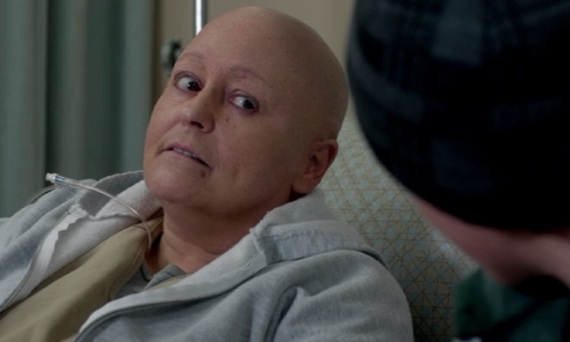
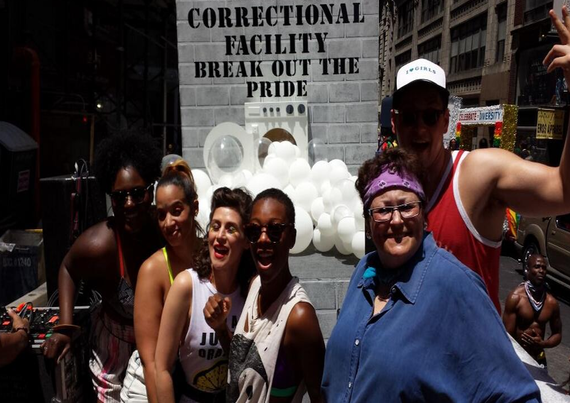
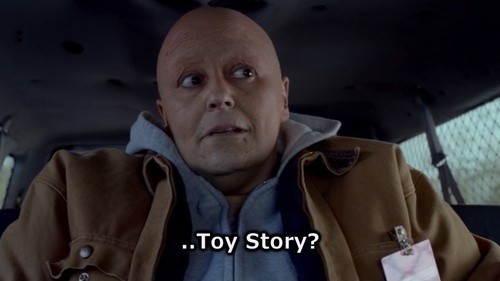
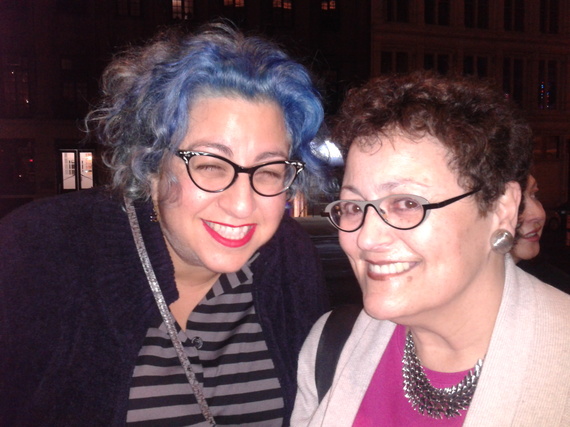
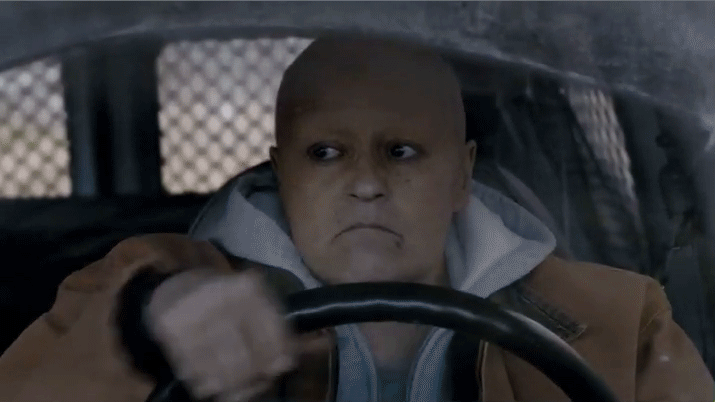
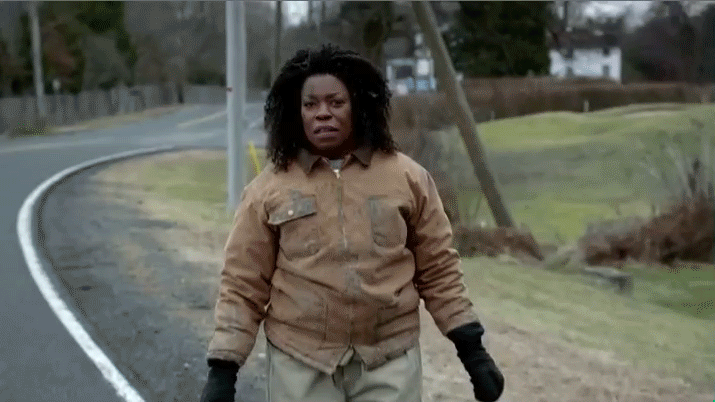
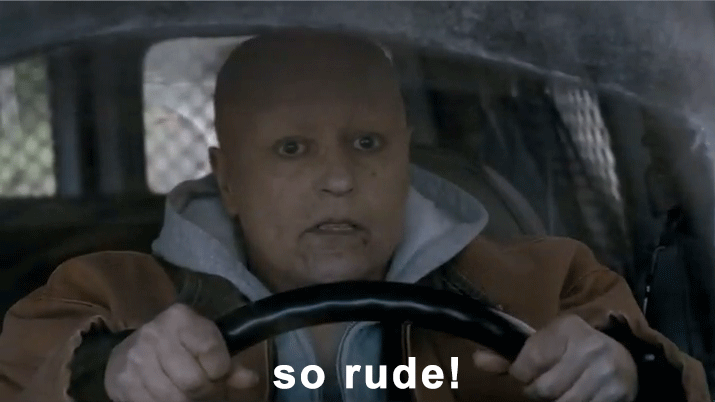
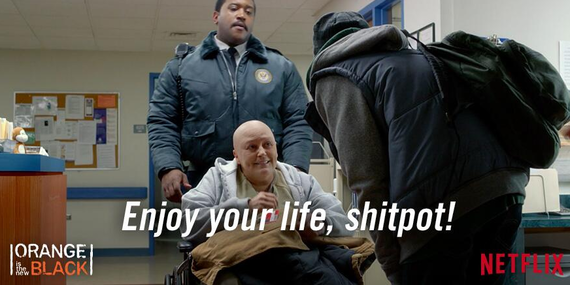
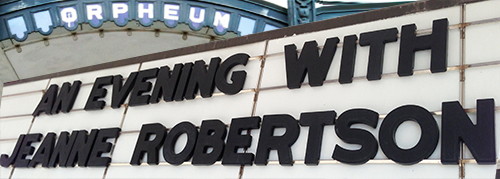
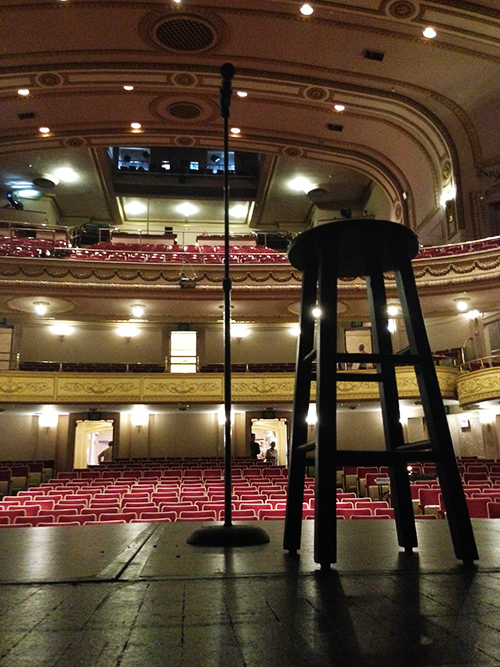 On a rare visit north of the Mason Dixon line, Jeanne performed her one-woman show at the beautiful old
On a rare visit north of the Mason Dixon line, Jeanne performed her one-woman show at the beautiful old 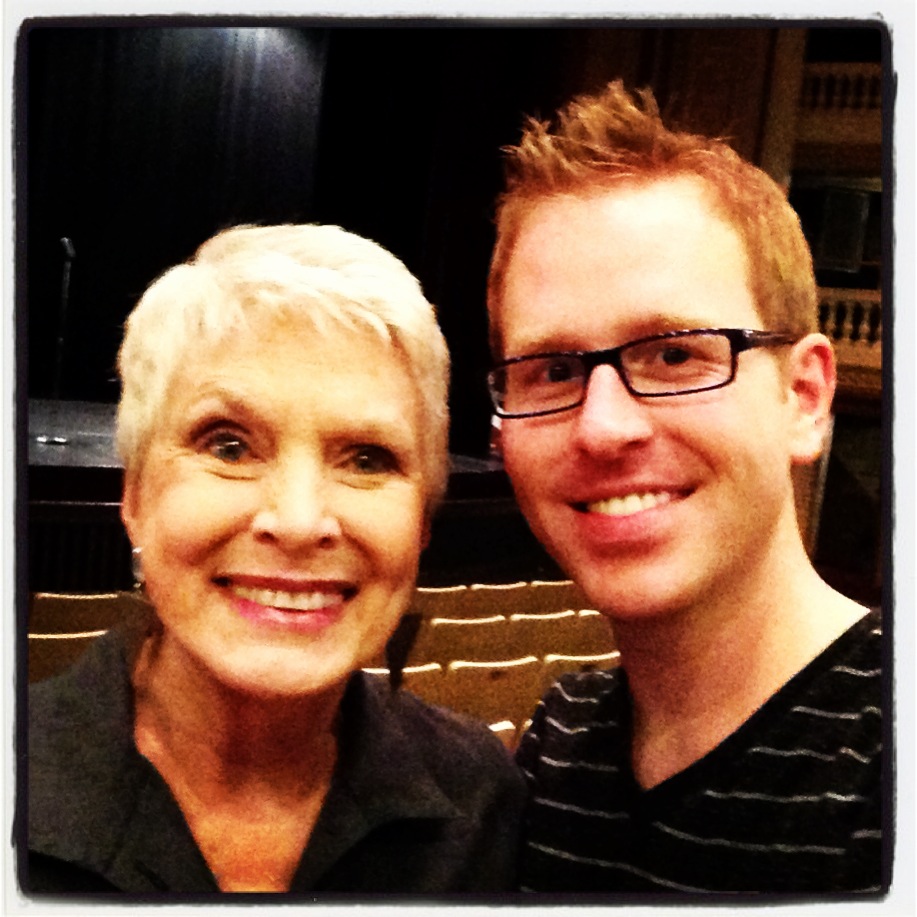 Somewhere between quizzically furrowing my eyebrows at the housekeeper and Jeanne striding confidently toward me with an outstretched hand, I "got it." So many of the most famous quotations are about this moment. Jeanne's own, "Smile; have a sense of humor, and accept the things you cannot change," paired beautifully with Toni Morrison's "
Somewhere between quizzically furrowing my eyebrows at the housekeeper and Jeanne striding confidently toward me with an outstretched hand, I "got it." So many of the most famous quotations are about this moment. Jeanne's own, "Smile; have a sense of humor, and accept the things you cannot change," paired beautifully with Toni Morrison's " 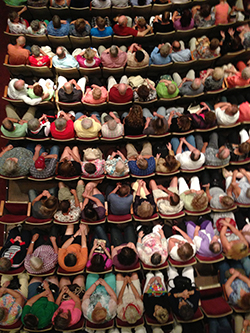 This lesson I gleaned was strengthened later that evening as I watched Jeanne greet guests both before and after her show. The hundreds of patrons were drawn to her, many sharing stories of their own
This lesson I gleaned was strengthened later that evening as I watched Jeanne greet guests both before and after her show. The hundreds of patrons were drawn to her, many sharing stories of their own 
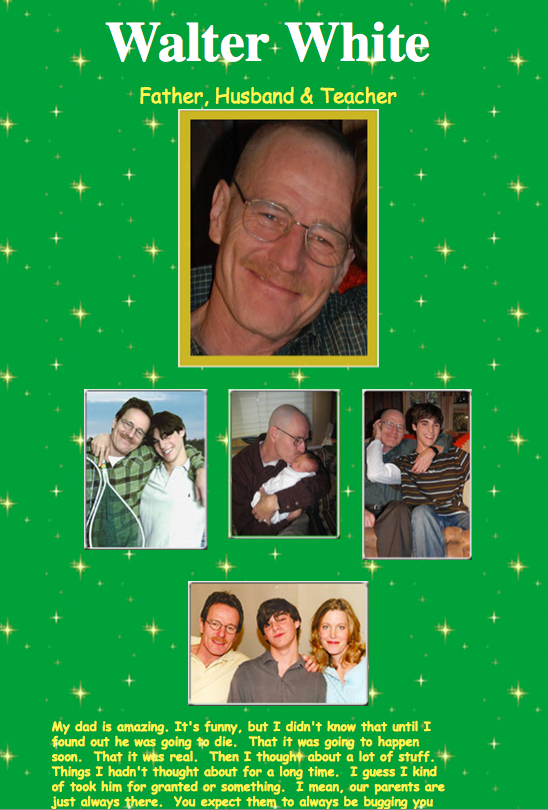 Although Walter White stumbles in and out of wealth at the hands of villains and crippling betrayals, he is driven by an ego that will not allow him to accept financial help from others, and his son's "little website" is no exception. "This was all his idea. He worked so hard on it; just let him help. You can't ask him to take it down," Skyler, Walt's wife says. "Skyler, it's charity," he answers, grimacing as if the thought sickens him. "Why do you say that like it's some sort of dirty word?"
Although Walter White stumbles in and out of wealth at the hands of villains and crippling betrayals, he is driven by an ego that will not allow him to accept financial help from others, and his son's "little website" is no exception. "This was all his idea. He worked so hard on it; just let him help. You can't ask him to take it down," Skyler, Walt's wife says. "Skyler, it's charity," he answers, grimacing as if the thought sickens him. "Why do you say that like it's some sort of dirty word?"
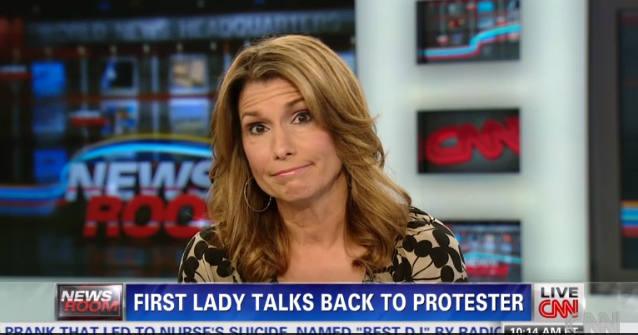

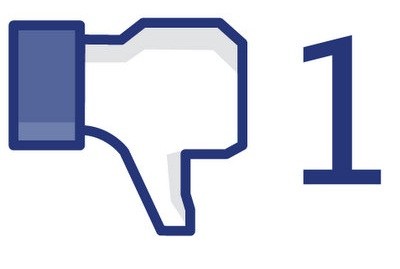 Last year, TechCrunch turned the social media circus on its side by reporting that
Last year, TechCrunch turned the social media circus on its side by reporting that 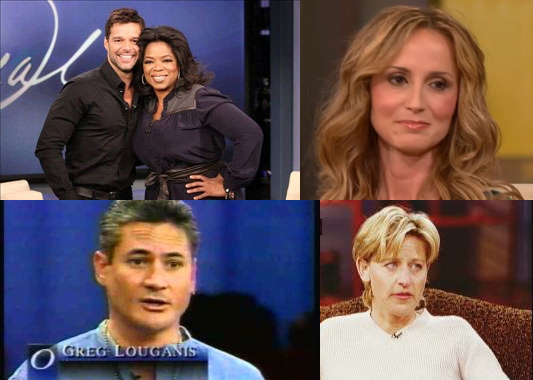 For instance, in one study conducted last year, I learned that rural gay men completely isolated from "gay culture," often found and watched The Oprah Winfrey Show in order to identify with gay guests and reframe the notion of homosexuality as a sickness to one of homophobia as a sickness. Many of these same men, however, felt the need to "come out" because rhetoric on the show suggested being closeted was to be lying and inauthentic to the truth of yourself. Several of those viewers then decided to come out, even when it could and did pose physical and emotional danger or even homelessness.
For instance, in one study conducted last year, I learned that rural gay men completely isolated from "gay culture," often found and watched The Oprah Winfrey Show in order to identify with gay guests and reframe the notion of homosexuality as a sickness to one of homophobia as a sickness. Many of these same men, however, felt the need to "come out" because rhetoric on the show suggested being closeted was to be lying and inauthentic to the truth of yourself. Several of those viewers then decided to come out, even when it could and did pose physical and emotional danger or even homelessness.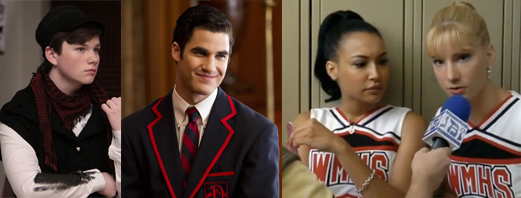



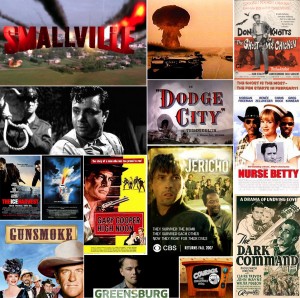
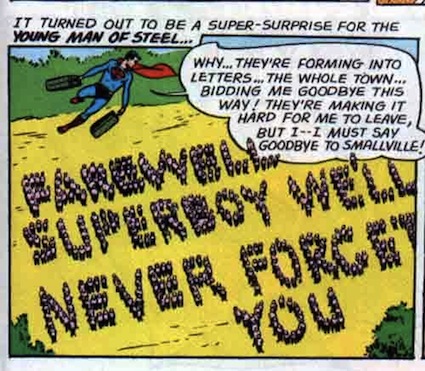

 Taylor Cole Miller is a doctoral student of Media and Cultural Studies at the University of Wisconsin – Madison where he teaches media theory and production courses. His primary areas of interest include queer audiences, television studies, feminism, and media histories. He is currently researching the queer and feminist potentiality of syndication for his dissertation, exploring the implications for identities and bodies especially as more and more niche cable networks are turning to the "in with the old, out with the new" strategy of second-run syndication.
Taylor Cole Miller is a doctoral student of Media and Cultural Studies at the University of Wisconsin – Madison where he teaches media theory and production courses. His primary areas of interest include queer audiences, television studies, feminism, and media histories. He is currently researching the queer and feminist potentiality of syndication for his dissertation, exploring the implications for identities and bodies especially as more and more niche cable networks are turning to the "in with the old, out with the new" strategy of second-run syndication.



